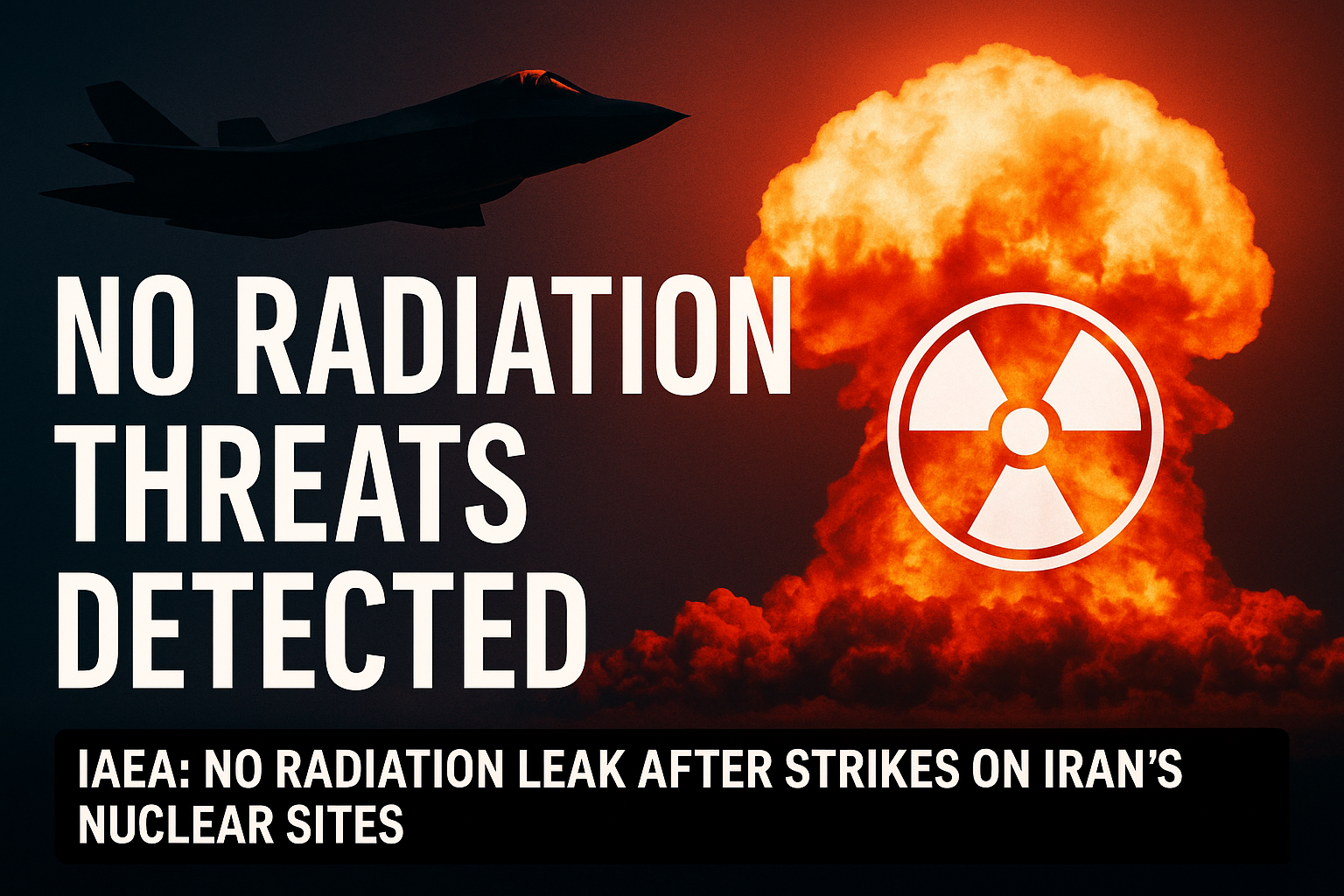The tragic terrorist attack in Kashmir on April 22, where terrorists shot at tourists, killing 26 innocent people, which India quickly linked to Pakistan-based militants. Within 24 hours, India took a bold decision and suspended the Indus Water Treaty, the same Indus Water Treaty that was not suspended during the four major wars and closed the Attari-Wagah land border crossings.
Pakistan’s National Security Committee responded to the accusation of a terrorist attack by calling it a false flag operation and said that India is inviting war by suspending the Indus Water Treaty.
This Water Treaty was signed by Pakistan’s Prime Minister Muhammad Ayub Khan with India’s Prime Minister Jawaharlal Nehru on 19 September, 1960. This treaty was handing over the eastern rivers (Sutlej, Beas, Ravi) to India and the western rivers (Indus, Jhelum, Chenab) to Pakistan. In the three wars between Pakistan and India—1965, 1971, and the 1999 Kargil conflict—India did not suspend the Indus Water Treaty, which it is doing after the Pahalgam terrorist attack.
Impact on Pakistan’s Water & Energy Security
Pakistan relies on the Indus river system for roughly 90%. Then if India stops water from Indus river using dams then due to lake of water in Pakistan the crops will dry up then Pakistan will be forced to fight with India and if this war happens then there is a possibility that this war may lead World War 3.
That is a different thing that India does not have any dam so big right now that it can block Pakistan’s water from the Indus river. Yes it is true that India cannot stop Pakistan’s water right now. Even if India starts building dams right now it will take India 4-5 years to build the dam. India can stop 5-10% water temporarily.



